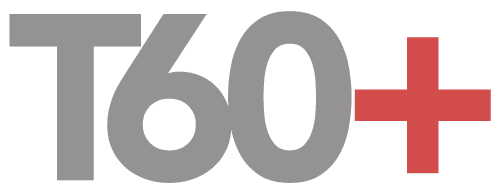It happened at the end of my driveway – True Story

One morning I was working at my desk and noticed our neighbor’s dog dragging her leash behind her. She was at my front door. She was a guide dog in training and had failed the training. The neighbors that raised her took her back.
I was surprised to see the dog alone at our front door and immediately went outside to see what was going on. I picked up the leash and she pulled me out to the street. There lay her owner flat on his back and not breathing.
The other amazing thing was that two neighbors (both retired physicians) were standing over him doing nothing. I looked at them and said, “hasn’t anyone started CPR?” We all stared at one another and the one physician said, “well we saw him walk by about 15 minutes ago and he’s gone.” I stood there in disbelief and at that moment EMTs arrived. They immediately began CPR and loaded him into the ambulance. He did not survive. That scenario haunts me to this day. Could we had saved him, why wasn’t CPR started immediately? This was a man who often complained about “indigestion” and ignored it. He was a physician and had just retired.
He did not survive
Cardiac arrest occurs at the most unexpected times and in the most unexpected places.
In today’s time of COVID, people are ignoring symptoms of a heart attack possibly due to fear of COVID and going to the hospital. Cardiologists are reporting a striking decrease in the number of people they are seeing in the Emergency Room.
How common is a heart attack?
More than 1,000,000 Americans have heart attacks each year, yet one paper reported that in March 2020, there was an almost 40% drop in hospital admissions for a serious heart attack.
Early detection and treatment is key
I cannot stress enough that early detection and treatment is important and should be taken seriously. As a ICU nurse, I knew how to do CPR and done it in simulation as well as in real life – of course that was a hospital setting. Doing it outside is an entire different beast.
Signs and symptoms of a heart attack
- Pressure, tightness, pain, or a squeezing or aching sensation in your chest or arms that may spread to your neck, jaw or back.
- Nausea, indigestion, heartburn or abdominal pain. (this is a more common sign and symptom in women)
- Shortness of breath.
- Cold sweat.
- Fatigue.
- Lightheadedness or sudden dizziness.
- This is not an exhaustive list, but the key ones.
What to do if someone has a cardiac arrest

- Call 911 or yell for help.
- Begin chest compressions, and do NOT be afraid of pushing too hard. Believe me, you will tire quickly and it is difficult – but keep doing it.
